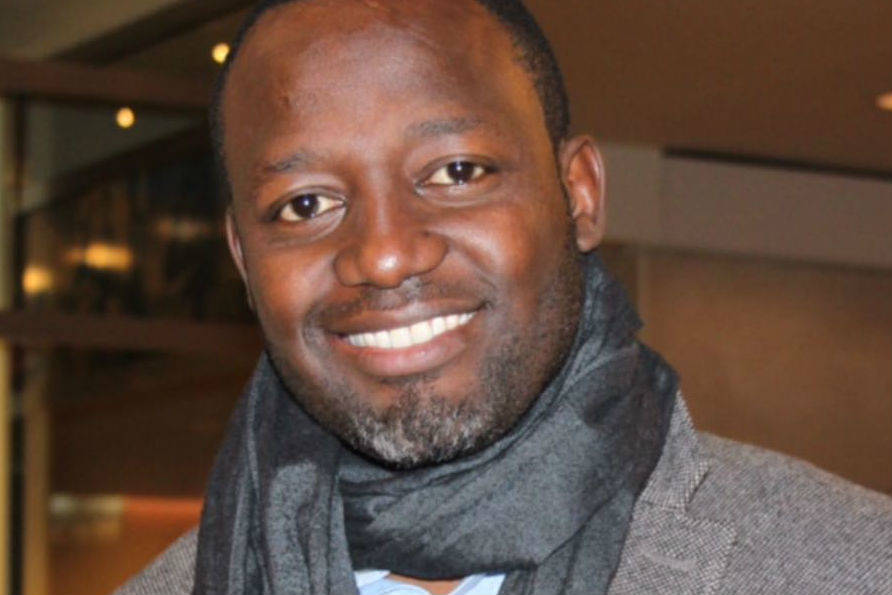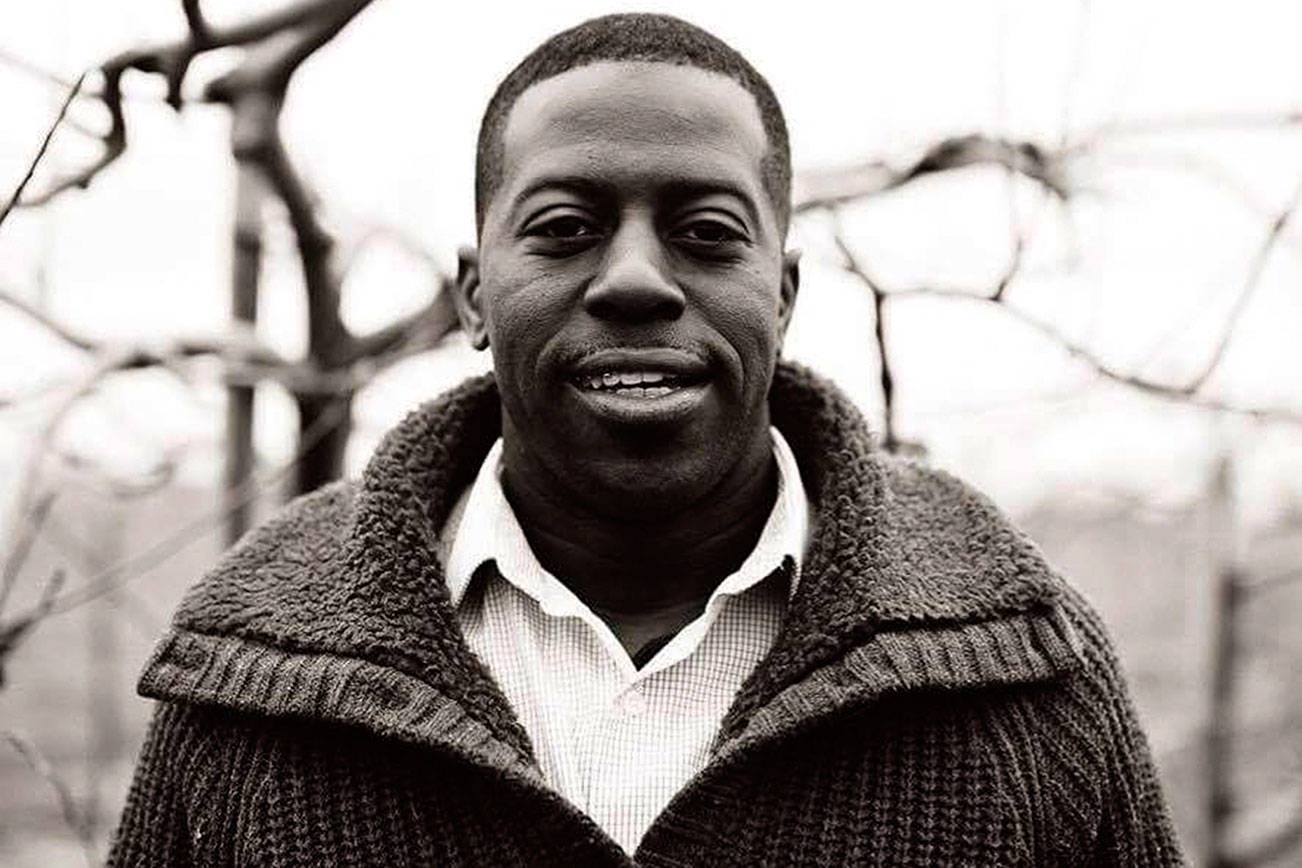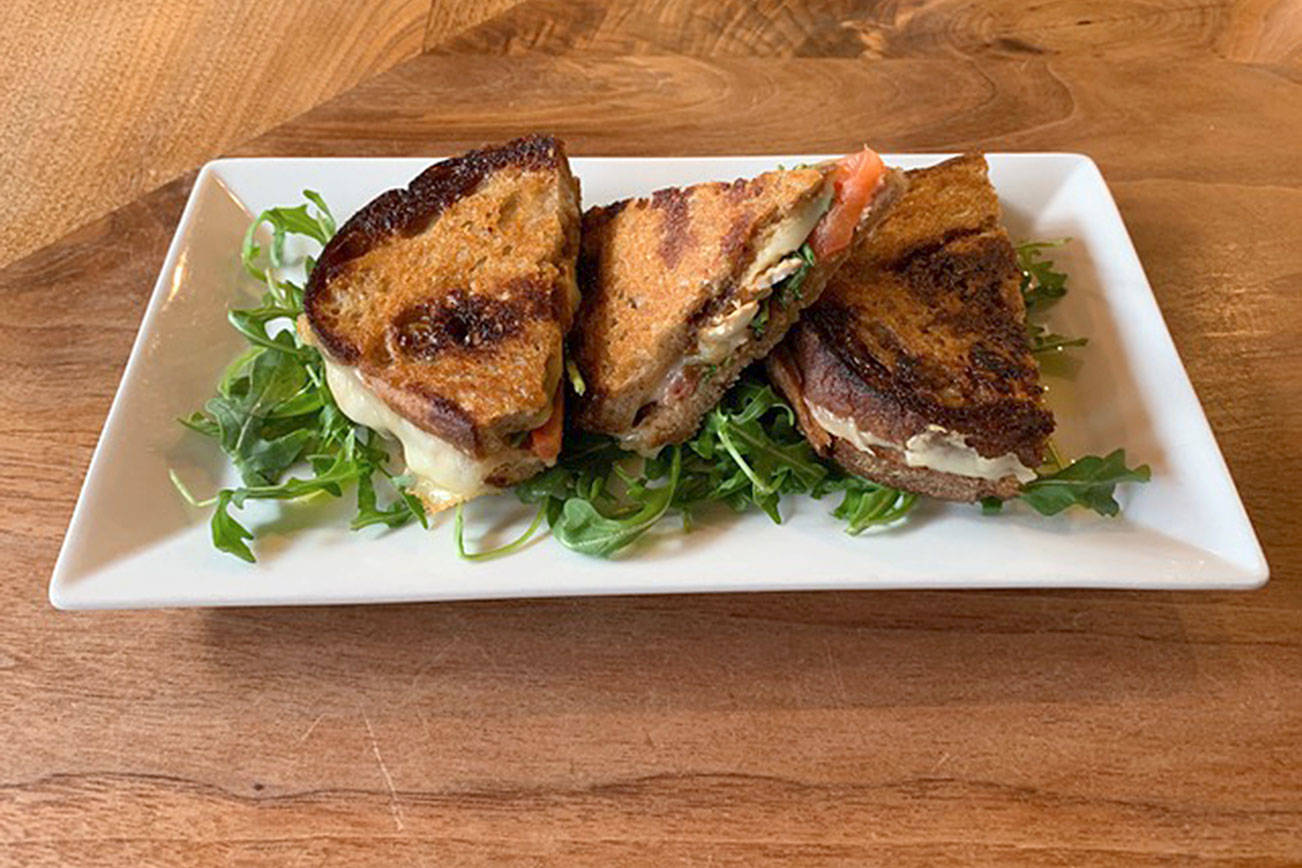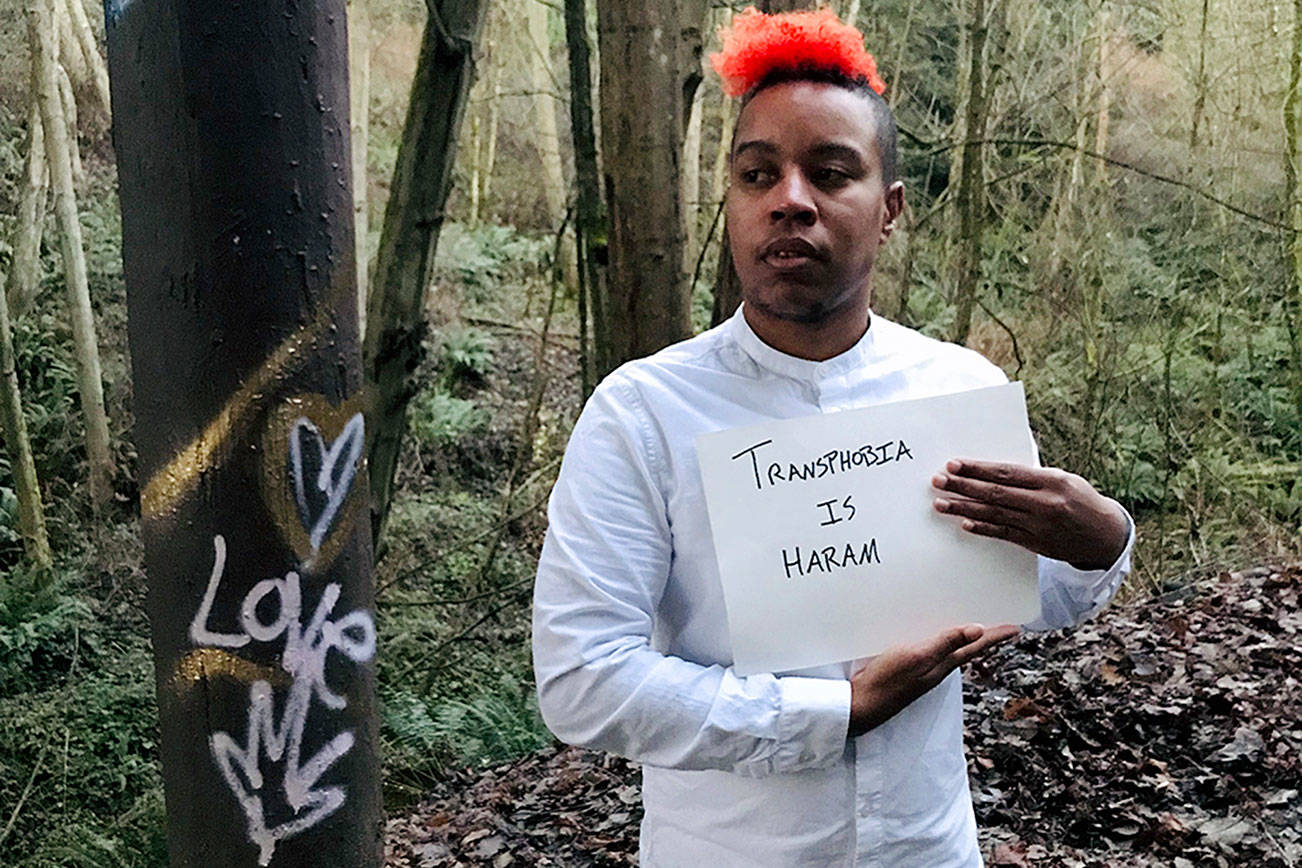Seattle’s Godwin Gabriel, a 41-year-old Tanzanian-born entrepreneur who moved to the Emerald City at 17 to study finance, may seem an unlikely person to lead a company into the highly competitive ride-share market, where Uber and Lyft dominate. Until a few years ago, he didn’t even know how to write code.
But as Uber, and to a lesser extent Lyft, face charges of poor treatment for drivers and discrimination against riders, Gabriel is confident that his downtown-Seattle-based Moovn can carve out a niche in the sharing economy.
Gabriel, who attended the University of Washington’s Foster School of Business, says his company will have an eye on social responsibility and look to increase its worldwide footprint in areas other ride-share apps have overlooked, like the Middle East and Africa. This philosophy, he says, was forged from his own experiences as an immigrant. “We’re looking to equalize the playing field,” says Gabriel in his deep, almost professorial tone of voice. “While we can’t hold people to a certain moral code, we can preach our philosophy—it comes from the top down.”
Moovn currently claims 100,000 users worldwide, with an average of 50,000 active daily, says Gabriel, and the service contracts with about 35,000 drivers. While these numbers are small compared to other ride-share apps like Uber, which boasts 40 million monthly riders, and Lyft, Moovn has grown exponentially of late, thanks, Gabriel says, to its expansion into new markets and its commitment to social good.
Uber and Lyft, for all their resources, have little to no presence in some African countries and have recently received criticism for their treatment of women and people of color. In 2016, the National Bureau of Economic Research found that drivers of the two companies cancel ride requests based on race and gender. As a result, Moovn, which aims to serve people otherwise ignored by these companies, is growing. “Customers are asking us to come to this city, come to that city,” laughs Gabriel. “My head is constantly spinning. But it’s a good problem to have.”
The app’s interface is similar to Uber’s and Lyft’s—with ride tracking, car-size options, and time estimates. To differentiate itself from the market’s dominant players, Moovn offers users the option to schedule rides up to a month in advance and guarantees no surge pricing. (That said, in Seattle at least, the wait for a ride is longer than it is for Uber or Lyft.)
The company is also trying to make itself more attractive to drivers by taking a significantly smaller cut of each ride’s fare (about 15 percent instead of the 20–30 percent other companies take) and allowing riders to include a monetary tip to their tab—as opposed to Uber’s no-tips-required policy. “Our cause, our mission,” Gabriel says, “is people before profit. My founding philosophy was putting drivers first. How you treat them makes a difference. The last thing we need is a whole lot of disgruntled or poorly paid drivers taking care of the general public.”
Moovn is currently available in nine U.S. cities—including Seattle, San Francisco, and New York—and four sub-Saharan African cities, including Johannesburg and Dar es Salaam, Tanzania, where Gabriel grew up. In developing countries, customers may choose vehicle options like tricycles and bikes. In 2017, Gabriel hopes to expand to at least 20 to 35 more cities in Africa as well as Europe and the U.S.
But the Moovn CEO, until very recently, had no experience in the world of tech. Instead, he says, he thought it was a world that had passed him by. “When tech started coming out into the scene, I was interested,” he says. “Always curious. But I went into the world of finance. I did my stint in corporate America—and it wasn’t until I went to grad school [and] was exposed to projects—working with Microsoft—that I saw the impact. It opened my eyes to the possibilities of helping people.”
Gabriel spent nights watching YouTube tutorials and reading journals and peer reviews on code, building and fine-tuning his dream. “In due time I got the hang of it,” he says, sounding like a proud father, “and nine months later I had a prototype.” To date, Gabriel says Moovn has raised about $2.5 million and is working to raise another $12.5 million this year.
It may get another boost from a string of public-relations snafus at Uber. Many Uber customers became disgruntled when the company’s CEO, Travis Kalanick, accepted a position on President Trump’s economic advisory council. At the time, Trump’s approval rating had plummeted to about 30 percent nationwide—and to about 11 percent among black Americans. Kalanick later stepped down from the appointed position amid protests. And while all this seems little more than political posturing among billionaires, Gabriel feels that with his feet on the ground and an ear for his drivers, it’s he who knows what his customers want.
In an open letter calling for “unity” tweeted on Jan. 31, Gabriel wrote, “As an immigrant, I built this company with the mission to provide accessibility across all demographics, with the same level of service throughout all communities, including various regions of the developing world.”
And this humane, forward-thinking philosophy is paying off.
“It’s a good place to be, business-wise,” smiles Gabriel. “We’ve managed to do so much with so little—I can’t complain.”
news@seattleweekly.com








